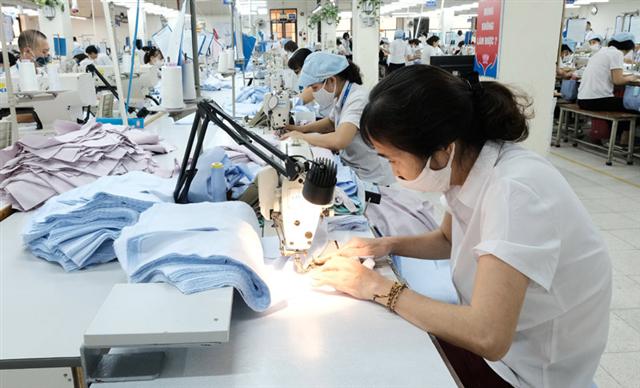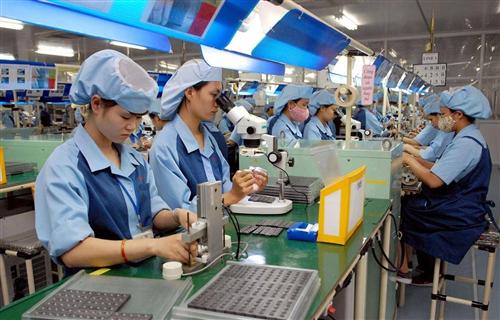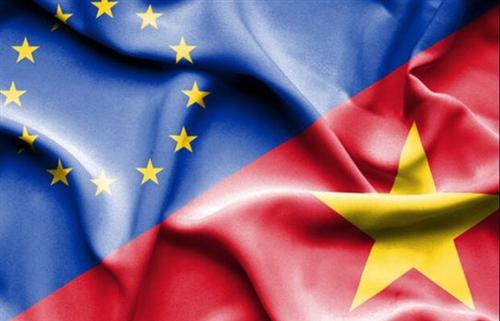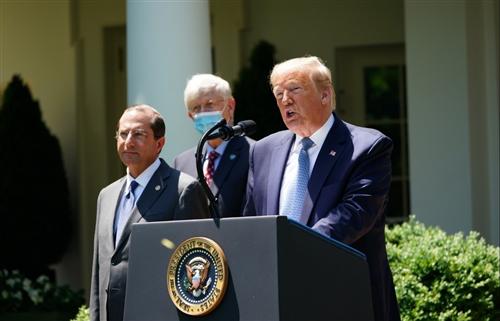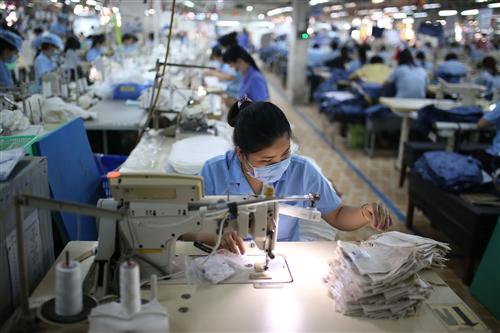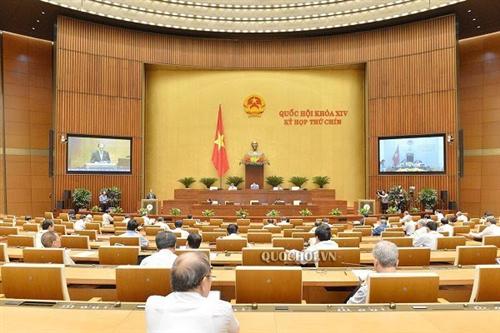New wave of EU investment whipped up by coming FTA
New wave of EU investment whipped up by coming FTA
A new period of EU investment development in Vietnam is right around the corner, as the historic EU-Vietnam Free Trade Agreement (EVFTA) is expected to be adopted by the National Assembly early next month.

Nicolas Audier - Chairman, European Chamber of Commerce in Vietnam
|
The EVFTA represents a vote of confidence in Vietnam, as just the second ASEAN nation to sign a free trade agreement with the European Union. It will usher in an era of increased trade and investment and begin the process of phasing out almost 99 per cent of tariff lines and barriers to trade. It will also open up new markets to European investment and innovation, and promote sustainable growth and development in Vietnam.
The EVFTA is now more important than ever, as trade wars and a global pandemic disrupt normal business operations on an unprecedented scale. Therefore, the fact that Vietnam will soon have privileged access to an EU consumer market of around 500 million people, while also opening its market to EU enterprises keen to do business and invest in a strong, secure, and prosperous nation at the heart of Asia, is a positive signal for the future.
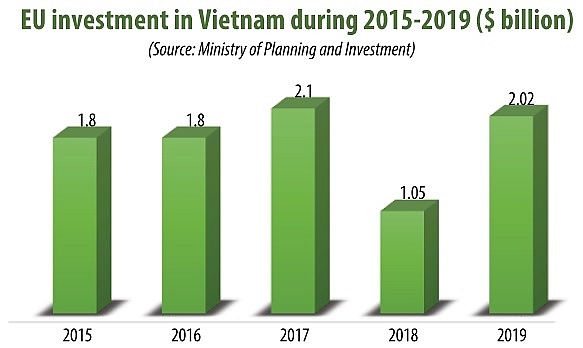
|
However, it is important to remember that the benefits of the EVFTA should be seen over the coming decades, not the coming days. The moment it enters into force, it will liberalise 65 per cent of EU exports to Vietnam and 71 per cent of Vietnamese exports to Europe.
The remaining tariff lines will be gradually phased out over the next decade. For instance some sectors, such as chemicals, will see 70 per cent of their exports to Vietnam become duty free as soon as the EVFTA enters into force, with the remaining being phased out later in the implementation period. Likewise, around half of European pharmaceutical exports will be duty free at entry into force, with the rest liberalised after seven years.
Duties on other European products such as beer and smaller motorcycles will not be duty free until much later in the implementation process, after 10 years. Therefore, while the EVFTA will undoubtedly see trade and investment increase, it will take some time for this to bear fruit across the board.
The agreement is likely to be implemented this summer if it is ratified in Vietnam’s National Assembly next month. Once it has entered into force, sectors will be further opened up to EU investment and innovation. These sectors include telecommunications, advanced education, computer services, and the environment.
Meanwhile, other sectors such as banking and financial services will be opened up later in the transition period, so that after five years EU banks will be able to invest up to 49 per cent in certain joint-stock commercial banks.
Since the outbreak of COVID-19, we have not seen a significant shift in terms of EU investment to Vietnam. While Vietnam is an attractive trade and investment destination – and will remain so as other countries struggle to match its swift and effective handling of COVID-19 – European companies have been hit hard by this pandemic.
Like elsewhere around the world, the suspension of normal business operations has hit company cash flows. While the future remains unpredictable, at least in the short-term, we remain confident that Vietnam will be high on the agenda for European investors in the years to come as the EVFTA enters into force.






